 Medical marijuana advocates are applauding a new memorandum (PDF) issued Feb. 14 by the US departments of Treasury and Justice giving long-awaited guidance to financial institutions to provide services to cannabis-related businesses in states where such commerce is legal. The memo "clarifies customer due diligence expectations and reporting requirements for financial institutions seeking to provide services to marijuana businesses," said a press release issued by the Treasury Department's Financial Crimes Enforcement Network (FinCEN). The memo also includes clarity for credit card service companies, such as VISA and MasterCard, whose services for cannabis-related businesses had also been suspended for years.
Medical marijuana advocates are applauding a new memorandum (PDF) issued Feb. 14 by the US departments of Treasury and Justice giving long-awaited guidance to financial institutions to provide services to cannabis-related businesses in states where such commerce is legal. The memo "clarifies customer due diligence expectations and reporting requirements for financial institutions seeking to provide services to marijuana businesses," said a press release issued by the Treasury Department's Financial Crimes Enforcement Network (FinCEN). The memo also includes clarity for credit card service companies, such as VISA and MasterCard, whose services for cannabis-related businesses had also been suspended for years.

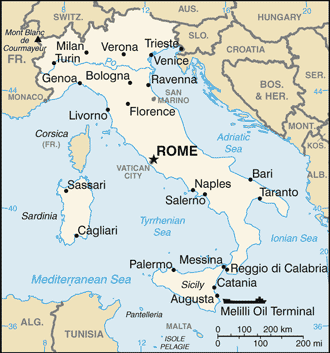 Italy's
Italy's 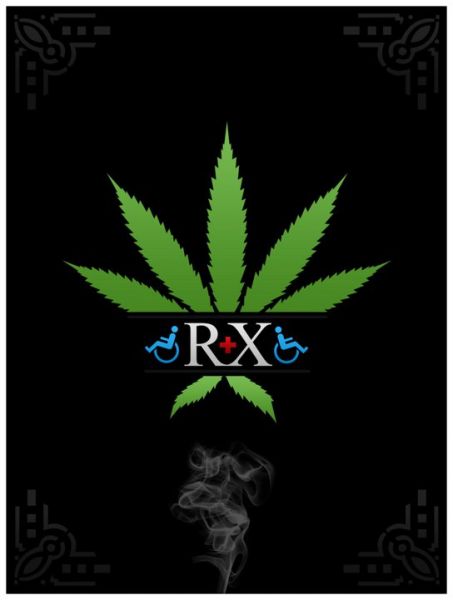 Eighteen members of Congress joined together Feb. 12 in calling on President
Eighteen members of Congress joined together Feb. 12 in calling on President 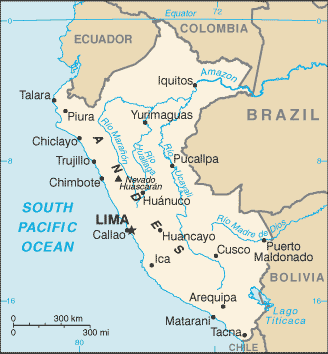 Peru's National Police on Feb. 4 announced the discovery of over 100,000 cannabis plants at the high Andean community of Minasel, 4,000 meters above sea level, on the border of Áncash and Huánuco regions. The plants were burned in the fields, polce said, while the growers escaped into the mountains. (
Peru's National Police on Feb. 4 announced the discovery of over 100,000 cannabis plants at the high Andean community of Minasel, 4,000 meters above sea level, on the border of Áncash and Huánuco regions. The plants were burned in the fields, polce said, while the growers escaped into the mountains. (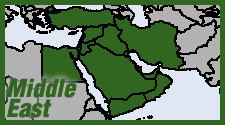 Uruguay is still developing its nascent cannabis economy following the
Uruguay is still developing its nascent cannabis economy following the  Medical marijuana advocates are telling President
Medical marijuana advocates are telling President  Mexico's violence-torn state of Michoacán produces millions of kilos each year of its famous specialty crop, highly prized in US markets... Yes, avocados. Michoacán accounts for 72% of total Mexican production of this rich, green fruit, and over 80% of the state's output is exported to the United States. The trade amounts to nearly a billion dollars a year—even ahead of the state's notorious (and prohibition-inflated) marijuana. But now the two industries are experiencing a grim synergy, as narco lords acquire avocado plantations to launder money, facilitate smuggling and maintain a cover of "legitimate" income. According to a recent exposé in Mexico's
Mexico's violence-torn state of Michoacán produces millions of kilos each year of its famous specialty crop, highly prized in US markets... Yes, avocados. Michoacán accounts for 72% of total Mexican production of this rich, green fruit, and over 80% of the state's output is exported to the United States. The trade amounts to nearly a billion dollars a year—even ahead of the state's notorious (and prohibition-inflated) marijuana. But now the two industries are experiencing a grim synergy, as narco lords acquire avocado plantations to launder money, facilitate smuggling and maintain a cover of "legitimate" income. According to a recent exposé in Mexico's 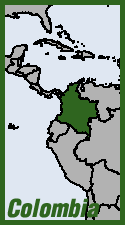 At the peace talks with the Colombian government that just re-convened in Havana after a holiday break, the FARC rebels released a proposal Jan. 14 outlining a plan to decriminalize and "regulate the production of coca, poppies and marijuana." The proposal came in a lengthy
At the peace talks with the Colombian government that just re-convened in Havana after a holiday break, the FARC rebels released a proposal Jan. 14 outlining a plan to decriminalize and "regulate the production of coca, poppies and marijuana." The proposal came in a lengthy 





Recent comments
6 days 13 hours ago
6 days 19 hours ago
4 weeks 13 hours ago
4 weeks 6 days ago
9 weeks 2 hours ago
12 weeks 5 days ago
16 weeks 5 days ago
17 weeks 4 days ago
27 weeks 4 days ago
31 weeks 4 days ago